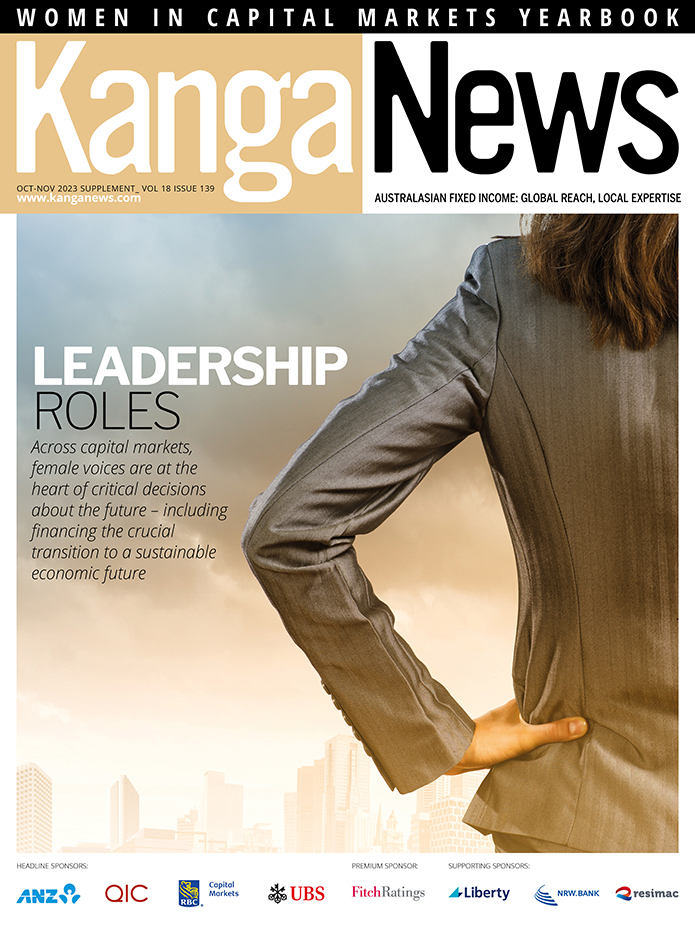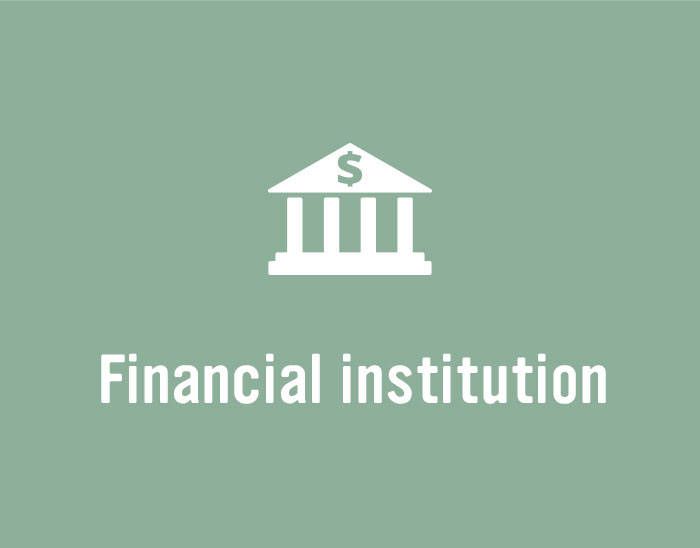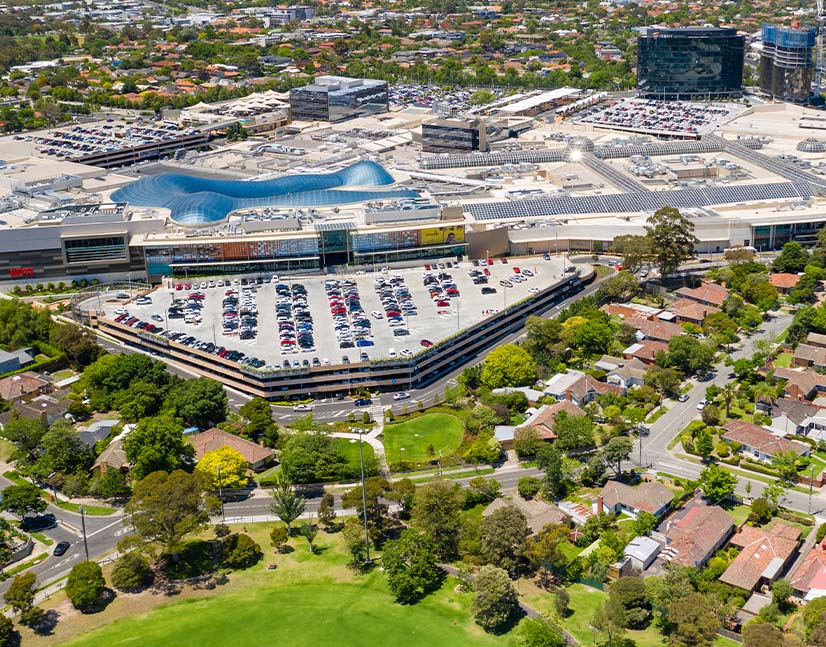
BNP Paribas: playing the long game in a changing world
In labelling itself “the bank for a changing world”, BNP Paribas has aligned its purpose with the biggest challenges facing markets and societies – including , but far from limited to, supporting its clients through their transition to net-zero. Change, however, is not about abandoning longstanding capabilities. BNP Paribas leans on its deep roots in Australasia, its global network and its commitment to diversity, to help it deliver.
BNP Paribas has maintained a presence in Australia for 140 years. Its business vision is built on key strategic pillars aimed at developing and supporting the local economy, while helping the community as a whole. This enduring relationship between bank and country affords BNP Paribas a unique perspective on contemporary challenges.
“We have seen many waves of change throughout our long history in Australia. Today, we are building a strong platform to weather the future waves of change so we can continue to support our clients now and into the future,” says Karine Delvallée, chief executive at BNP Paribas Australia and New Zealand in Sydney. “We have demonstrated this during the COVID-19 pandemic, showing the strength and resilience not only of the bank but – importantly – of our people. We are focused on exiting this period even stronger than we were before.”
This deep and longstanding experience certainly paid off during the worst of the pandemic’s impact on capital markets, in March and April 2020. John Keith, managing director and head of financial institutions coverage, Australia and New Zealand at BNP Paribas in Sydney, explains that an immediate response of extreme concern about market liquidity drying up – potentially replicating the cataclysmic circumstances of 2008-9 – was quickly eased.
The key response came from central banks, followed quickly by experienced lenders deploying expertise learned in the financial crisis, to prioritise liquidity provision to corporate clients facing an uncertain economic outlook.
“Our process through all this was to keep talking to clients,” Keith explains. “The key mantra was to focus on clients. In an environment where everyone was adapting to working from home and was not sure what the world was going to look like, we came up with strategies that could support financing needs during this period of uncertain economic and financial conditions.”
SUSTAINABILITY PRIORITY
Change leadership is crucial in the area of sustainability. “For BNP Paribas, ESG [environmental, social and governance] is not a new way of doing business,” Delvallée says. “The bank has remained committed to doing the right thing for its clients, people and the community across the ESG spectrum for many years. Our goal is to support and enable the drive for change toward a more sustainable world, while ensuring global best practices are met in the local market.”
Europe is at the cutting edge of the sustainable-finance evolution, so BNP Paribas can deliver a unique perspective to its clients in Australia and New Zealand. The European market has become an increasingly important component of corporate Australia’s financing task and BNP Paribas has taken many Australian and New Zealand clients into Europe – without skipping a beat, as the regional focus on ESG has intensified.
Meanwhile, the bank has worked on a raft of ground-breaking ESG-aligned debt transactions for corporate and institutional clients in Australia, including a number of market firsts (see box).
As a joint sustainability coordinator, BNP Paribas supported Coles Group to achieve its first sustainability-linked loans (SLLs). The A$1.3 billion facility is linked to environmental and social KPIs. “This is an excellent example of how we are leveraging our expertise to achieve positive change across the environmental and social elements that make up our clients’ ESG ambitions,” Delvallée explains. “We have a key role to play in driving the right ESG opportunities for the Australian and New Zealand markets.”
It is the same on the funds management side. Frances Powell, Sydney-based head of marketing at BNP Paribas Asset Management, Australia and New Zealand, explains the bank has been active in sustainable investment since 2002 and was a founding signatory to the Principles for Responsible Investment in 2006 – a group that was 100 strong at the time and has since swelled to more than 4,000.
“As an asset manager, we have been driving and continue to drive responsible investment and the sustainability story,” Powell says. “When our clients, prospect base and consultants say they need to embrace sustainability further, we can educate and guide as well as being a product provider.”
BNP Paribas key green transactions in Australia
- 2021: Joint sustainability coordinator for Coles Group’s first sustainability-linked loans (SLLs). The A$1.3 billion (US$930.8 million) facility is linked to KPIs including a reduction in greenhouse-gas emissions, a reduction in total waste going to landfill and an increased percentage of women in leadership positions.
- 2020: Joint bookrunner and sustainability coordinator for Downer’s A$1.4 billion SLL – the largest in Australia in 2020 – relying on four ambitious targets covering environmental and social aspects. This deal was recognised as Australian Syndicated Loan Deal of the Year in the KangaNews Awards 2020.
- 2020: Helped Lithium miner Pilbara Minerals refinance at lower cost with a US$110 million senior-secured debt facility from BNP Paribas and Clean Energy Finance Corporation.
- 2019: Joint bookrunner and sustainability coordinator for Sydney Airport’s SLL, which was Australia’s first syndicated SLL, raising a total of A$1.4 billion. This deal was recognised as Australian Syndicated Loan Deal of the Year in the KangaNews Awards 2019.
DIVERSITY AND CHANGE
While the sustainable-finance market is evolving rapidly, it is not yet mature – and BNP Paribas is not resting on its laurels. For instance, Powell says the asset manager issued a biodiversity roadmap earlier in 2021 and is participating in a working group on the same topic. This is a way of recognising its importance within the developing sustainable-finance market.
The world is going through a period of accelerated change – most recently, from the way working practices have responded to the pandemic and, on an ongoing basis, to the heightened awareness of the need for a rapid response to the growing environmental crisis.
Keith says this type of environment produces a divergence of needs in a bank’s client base, as some companies struggle to respond, or even refuse to acknowledge, new realities while others adapt quickly and strive to lead.
“Through all this, we have to make sense of the whole picture,” he explains. “We have to ask ourselves: how have we responded to this period of such extreme, accelerated change and how has our response helped create behaviours within organisations that allow them to be better at dealing with change?”
Diversity is crucial in an environment of change. Delvallée says: “Diversity allows us to be more agile and creates positive challenges. The more challenges we face, the more we have to adapt. This makes us more agile, because we are pushed to develop new skills. I believe we need to leverage anything that makes us stronger every day, so we can continue to grow.”
BNP Paribas is witnessing the conscious shift of global businesses’ attitudes toward sustainable growth and believes it is well positioned to assist due to its global reach. The bank is committed to creating a better future for its clients, employees, society and the environment.
Internal targets include a commitment made in February this year to have 40 per cent female representation on its executive committee and in the “G100” group of its leading 100 managers by 2025. BNP Paribas has had a diversity department since 2004 – the same year in which it signed a diversity agreement and launched the MixCity network of female employees.
Most importantly, diversity helps the bank deliver the best service and outcomes for its clients. Delvallée says: “Gender equality has been a key issue for BNP Paribas for nearly 20 years. But beyond this, we believe all employees must have equality of opportunity, flexibility and the right tools and training to get the most out of their careers at the bank.”
As chairperson of MixCity locally, Powell adds: “As a female in the male-dominated finance industry, I often find myself on the other side of an argument or at least putting forward a different view. This doesn’t mean my view is right or wrong, but it does mean I am bringing a different perspective. This allows a more rounded discussion, which in turn means we get the best outcomes.”
This goes beyond gender, Powell says – noting the value of working in a team that also represents multiple nationalities and cultures. As a global bank, BNP Paribas has nearly 200,000 employees worldwide in 68 countries and territories. In Australia alone, employees represent 49 nationalities.
“BNP Paribas actively recruits employees from a diverse cohort. This allows us to draw on new skills, insights and broad experiences to help us deliver innovative solutions for our clients,” explains Delvallée. “An important part of our success is our ability to understand and work alongside our clients by mirroring their diversity and also appropriately reflecting the societies and economies we support. Our deep roots in Australasia, our global network and our commitment to diversity provide us with the insight to recognise and seize opportunities that make a positive difference in the world.”

WOMEN IN CAPITAL MARKETS Yearbook 2023
KangaNews's annual yearbook amplifying female voices in the Australian capital market.













